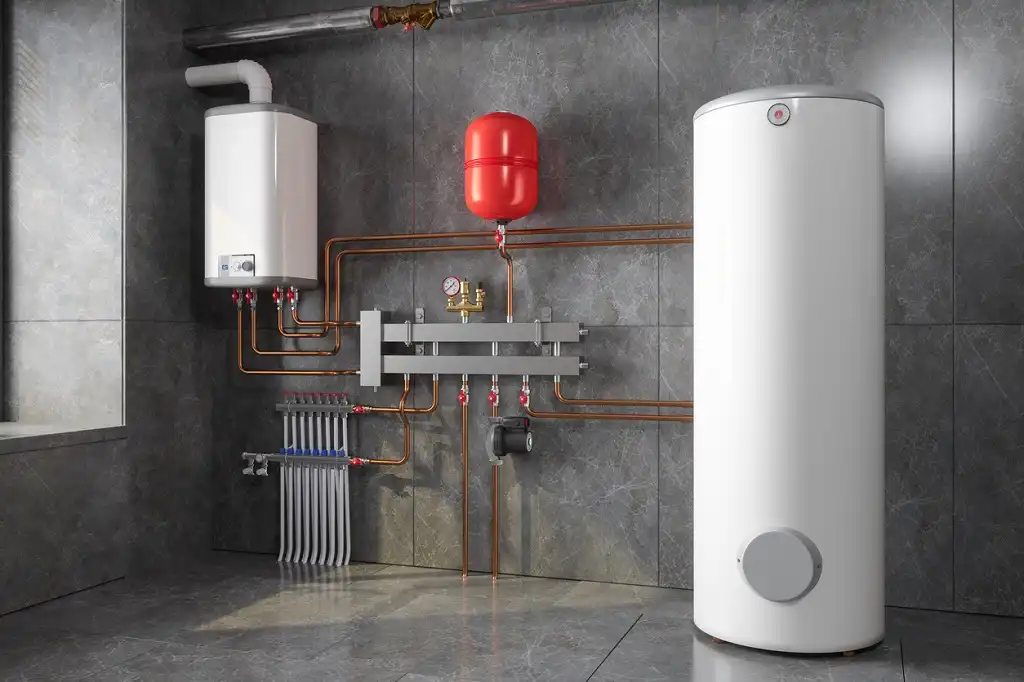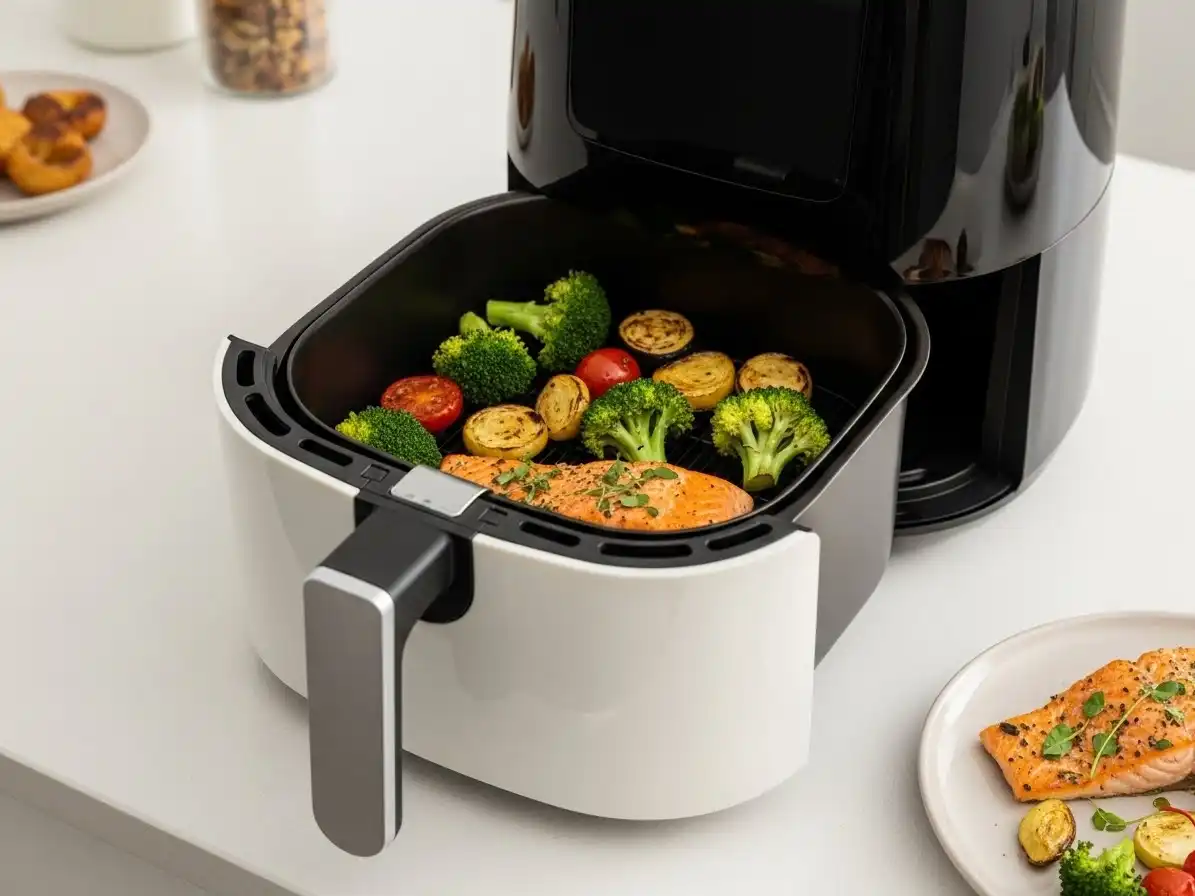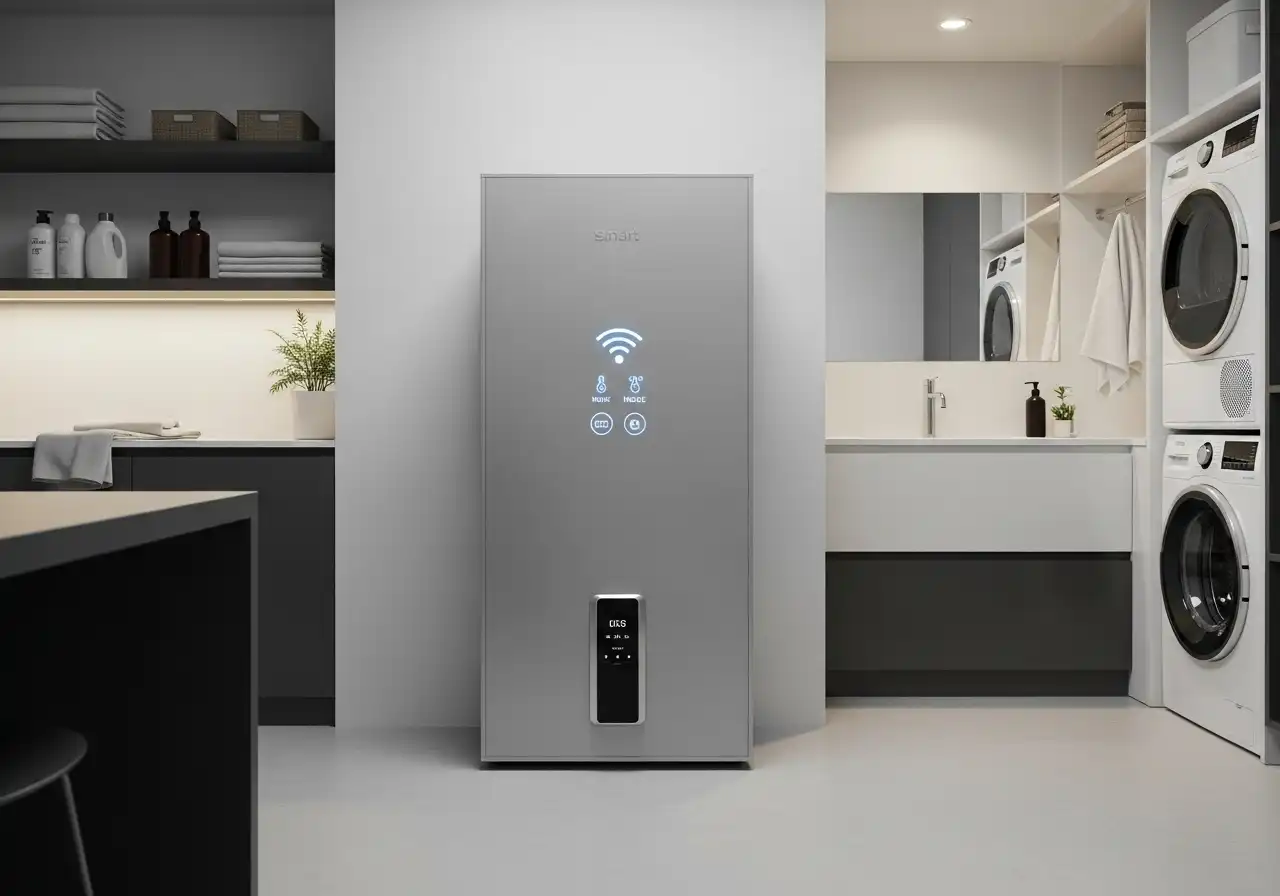When it comes to selecting the best water heater for your home, the choices can be overwhelming. With various types, sizes, and energy efficiency options available, it’s important to understand your specific needs to make the right decision. A well-chosen water heater not only ensures a steady supply of hot water but also helps you save on energy bills while reducing environmental impact.
In this guide, we’ll break down the key factors you need to consider when choosing a water heater, from the type of water heater to energy efficiency and maintenance needs. By the end of this post, you’ll be well-equipped to choose the perfect water heater for your home.
1. Understand the Different Types of Water Heaters
Why It’s Important:
The first step in selecting the right water heater is understanding the different types available. Each type has its own benefits depending on your home’s needs, size, and energy preferences.
What to Know:
-
Tank Water Heaters: These are the most traditional type and store a large volume of hot water. They provide a continuous supply of hot water, but they can be less energy-efficient since they maintain the water temperature all day.
-
Tankless (On-Demand) Water Heaters: These heaters heat water as it’s needed, without storing it. They are more energy-efficient than tank heaters since they don’t continuously heat water, but they may struggle to supply hot water to multiple outlets at once.
-
Heat Pump Water Heaters: These energy-efficient systems use heat from the air or ground to heat the water. They are ideal for warmer climates but can be more expensive upfront.
-
Solar Water Heaters: These use solar panels to heat water, making them the most environmentally friendly option. However, they can be expensive to install and may require additional backup systems during cloudy days.
Why It Matters: Understanding the type of water heater that suits your home’s needs is the first step toward making an informed decision.
2. Choose the Right Size for Your Household
Why It’s Important:
The size of your water heater is crucial to ensuring that your household has enough hot water for daily needs. A unit that is too small will constantly run out of hot water, while one that’s too large will waste energy.
What to Know:
-
Tank Water Heaters: The size of a tank water heater is measured in gallons. A standard household usually needs a 40- to 50-gallon tank, but larger families may need a 60- to 80-gallon tank. If you use a lot of hot water at once (e.g., multiple showers or washing loads), you may need a larger tank.
-
Tankless Water Heaters: These are sized based on the flow rate (gallons per minute) and the temperature rise required. Consider how many hot water fixtures (showerheads, faucets) will be used simultaneously when choosing the right flow rate.
Why It Matters: Choosing the right size helps you avoid energy waste and ensures a consistent supply of hot water.
3. Consider Energy Efficiency
Why It’s Important:
Energy efficiency is one of the most important factors when selecting a water heater. Not only does an energy-efficient model reduce your energy bills, but it also has a smaller environmental footprint.
What to Know:
-
Energy Star Rating: Look for a water heater with the Energy Star label, which indicates that it meets energy-efficiency standards. Energy-efficient models use less energy to heat water and can significantly save on utility costs over time.
-
Efficiency of Different Types: Tankless water heaters tend to be more energy-efficient than traditional tank models, as they only heat water when needed. Heat pump and solar water heaters are also known for their energy-saving capabilities.
Why It Matters: Energy-efficient models can save you money in the long run by reducing your utility bills and conserving resources.
4. Consider Fuel Type
Why It’s Important:
Water heaters can run on various fuel sources, including electricity, natural gas, propane, or solar power. The fuel type you choose will depend on what’s available in your area, as well as cost considerations.
What to Know:
-
Electric Water Heaters: These are common and easy to install. While they are generally more affordable upfront, they can be more expensive to operate if electricity rates are high.
-
Gas Water Heaters: Gas heaters typically cost less to operate compared to electric models, but installation can be more expensive if you don’t already have a gas line.
-
Solar Water Heaters: If you live in a sunny climate, solar water heaters are an eco-friendly option that can drastically reduce energy costs.
Why It Matters: The fuel type you choose impacts the long-term operational cost of your water heater. Consider availability and costs to choose the most efficient option for your home.
5. Evaluate Maintenance and Longevity
Why It’s Important:
A water heater is an investment that should last for years. Understanding the maintenance needs and expected lifespan of a water heater can help you make a better decision and avoid future problems.
What to Know:
-
Tank Water Heaters: These require regular maintenance, such as flushing to remove sediment buildup and checking the anode rod to prevent corrosion. With proper care, they can last 10 to 15 years.
-
Tankless Water Heaters: While they require less maintenance, tankless models still need to be descaled regularly, especially in areas with hard water. They typically last longer than tank water heaters, around 20 years or more.
-
Heat Pump and Solar Water Heaters: These systems are typically more expensive but have longer lifespans if maintained properly. They may also require occasional servicing by a professional.
Why It Matters: Choosing a water heater that aligns with your maintenance preferences and long-term goals will help reduce future costs and improve the reliability of your system.
6. Set a Budget for Your Water Heater
Why It’s Important:
Water heaters come in a range of prices, so it’s important to set a budget that aligns with your needs and financial situation. Keep in mind that the upfront cost isn’t the only factor—installation, maintenance, and energy bills should also be considered.
What to Know:
-
Initial Costs: Tank water heaters are typically less expensive upfront compared to tankless models and heat pump water heaters. However, tankless models tend to offer greater energy savings over time.
-
Operating Costs: Consider the energy source and efficiency when evaluating long-term costs. Gas models tend to be cheaper to run than electric models, and tankless units typically offer better energy savings.
Why It Matters: Setting a realistic budget helps you choose a water heater that fits within your financial plans, while also providing long-term savings through energy efficiency.
7. Read Reviews and Consult with Professionals
Why It’s Important:
While researching water heaters online can provide valuable insights, it’s always a good idea to consult with professionals who can provide personalized recommendations based on your home’s specific needs.
What to Do:
-
Read Reviews: Look for reviews from other customers who have used the water heaters you’re considering. This can provide insight into real-world performance, reliability, and customer service.
-
Consult a Plumber or Specialist: A plumbing professional can evaluate your home’s layout, water usage, and other factors to help you make an informed decision.
Why It Matters: Professional advice ensures that you’re selecting the best water heater for your specific needs, and reading reviews helps you avoid potential issues with unreliable or poorly-rated models.
Conclusion:
Choosing the best water heater for your home involves considering a range of factors, including size, energy efficiency, fuel type, and maintenance needs. By understanding the different types of water heaters, evaluating your household’s hot water usage, and consulting with professionals, you can make an informed decision that suits both your budget and lifestyle.
Whether you opt for a tankless water heater for energy savings, a solar-powered system for sustainability, or a traditional tank model for reliability, the right water heater can make all the difference in your home’s comfort and efficiency. Remember, a little research and planning can go a long way in ensuring that you get the most out of your water heater for years to come.


